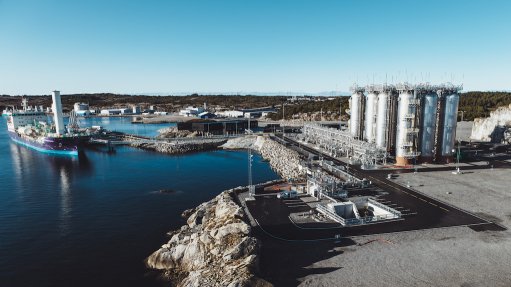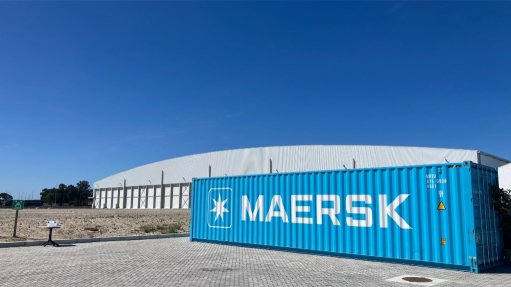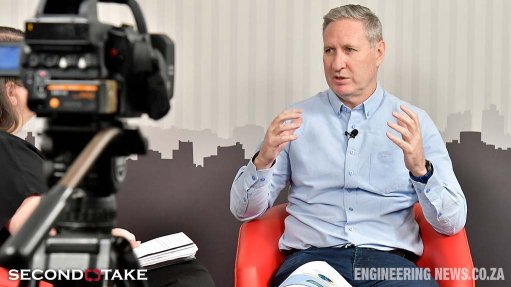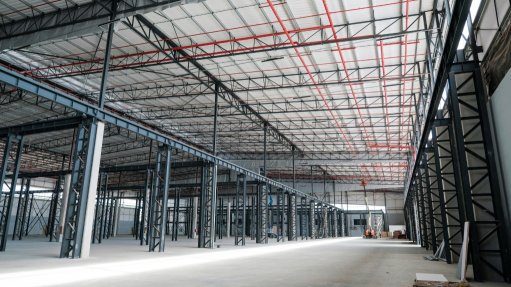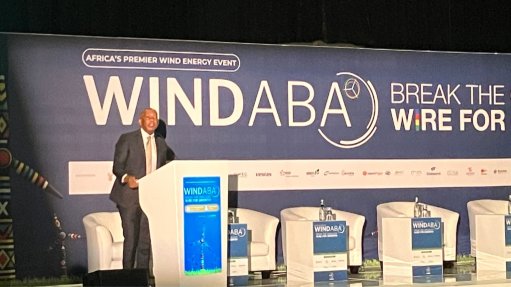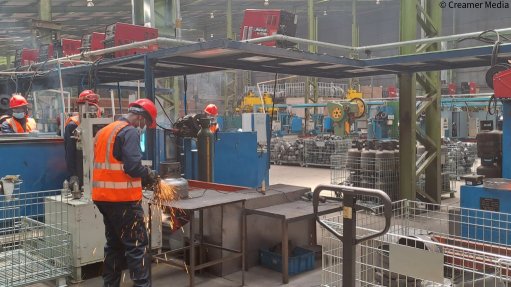Moment of consequence?
As is the case for the country as a whole, South Africa’s industrial development is at “a moment of fundamental consequence”, to borrow a line from President Cyril Ramaphosa’s inauguration speech. “It is a moment when we must choose to either move forward together or risk losing all we have built”, in this case through ongoing deindustrialisation.
The risks are clear for all to see, with manufacturing facing threats both foreign and domestic.
At home, manufacturers are having to navigate business- unusual pressures daily – from loadshedding and a collapsing freight logistics system, to increasingly expensive and unreliable municipal services and the ever-present risk of crime – that chip away at their resilience.
From abroad, local producers face intense import competition, both legal and predatory, as well as shifting geopolitical, trade, industrial and climate policies that have potentially far-reaching implications for both market access and competitiveness.
Matching the government of national unity’s (GNU’s) minimum programme of priorities for “rapid, inclusive and sustainable economic growth, the promotion of fixed capital investment and industrialisation . . .” will be no small achievement.
To be sure, industrial development is by no means a given, the positive initial market reaction to the GNU notwithstanding. It will require not only clear-sighted policy but a level of implementation that has been achieved only rarely over the past three decades of democracy, with very few industrial-policy achievements to speak of outside of the automotive sector.
While it’s always a perilous task to try picking winners, the current environment points to one broad sector where the risk of choosing to “move forward” is arguably lower: green industry.
The rate at which solar PV, wind and battery storage are growing globally and even in South Africa is impressive and, while the uptake for any technology is never in a straight line, the outlook for ongoing growth is positive. A similar trajectory is likely for electric vehicles and for technologies that enable ever-greater energy efficiency.
From the US to China, and everyone in between, countries are alive to this mega trend and are looking to either direct and dominate key sectors and subsectors, or eke out a green- industrialisation niche.
For South Africa, it would be reckless to try and swim against this tide and foolish to think that we can play a role in every aspect of these emerging value chains.
The immediate challenge lies in the political economy, where there are still some policies that undermine South Africa’s green-manufacturing ambitions and politicians who create a false dichotomy between the transition and jobs and development.
The bigger challenges, however, are techno-economic and fiscal. Does government truly understand the nature of this once-in-a-generation shift and the need to back it, where necessary, not only with policy but also incentives? And does business genuinely understand South Africa’s comparative advantages and have the entrepreneurial nous to take it on in a way that is neither rent-seeking nor protectionist?
Answering these questions will determine whether or not this is a real ‘moment of consequence’.
Article Enquiry
Email Article
Save Article
To advertise email advertising@creamermedia.co.za or click here
Comments
Press Office
Announcements
What's On
Subscribe to improve your user experience...
Option 1 (equivalent of R125 a month):
Receive a weekly copy of Creamer Media's Engineering News & Mining Weekly magazine
(print copy for those in South Africa and e-magazine for those outside of South Africa)
Receive daily email newsletters
Access to full search results
Access archive of magazine back copies
Access to Projects in Progress
Access to ONE Research Report of your choice in PDF format
Option 2 (equivalent of R375 a month):
All benefits from Option 1
PLUS
Access to Creamer Media's Research Channel Africa for ALL Research Reports, in PDF format, on various industrial and mining sectors
including Electricity; Water; Energy Transition; Hydrogen; Roads, Rail and Ports; Coal; Gold; Platinum; Battery Metals; etc.
Already a subscriber?
Forgotten your password?
Receive weekly copy of Creamer Media's Engineering News & Mining Weekly magazine (print copy for those in South Africa and e-magazine for those outside of South Africa)
➕
Recieve daily email newsletters
➕
Access to full search results
➕
Access archive of magazine back copies
➕
Access to Projects in Progress
➕
Access to ONE Research Report of your choice in PDF format
RESEARCH CHANNEL AFRICA
R4500 (equivalent of R375 a month)
SUBSCRIBEAll benefits from Option 1
➕
Access to Creamer Media's Research Channel Africa for ALL Research Reports on various industrial and mining sectors, in PDF format, including on:
Electricity
➕
Water
➕
Energy Transition
➕
Hydrogen
➕
Roads, Rail and Ports
➕
Coal
➕
Gold
➕
Platinum
➕
Battery Metals
➕
etc.
Receive all benefits from Option 1 or Option 2 delivered to numerous people at your company
➕
Multiple User names and Passwords for simultaneous log-ins
➕
Intranet integration access to all in your organisation










